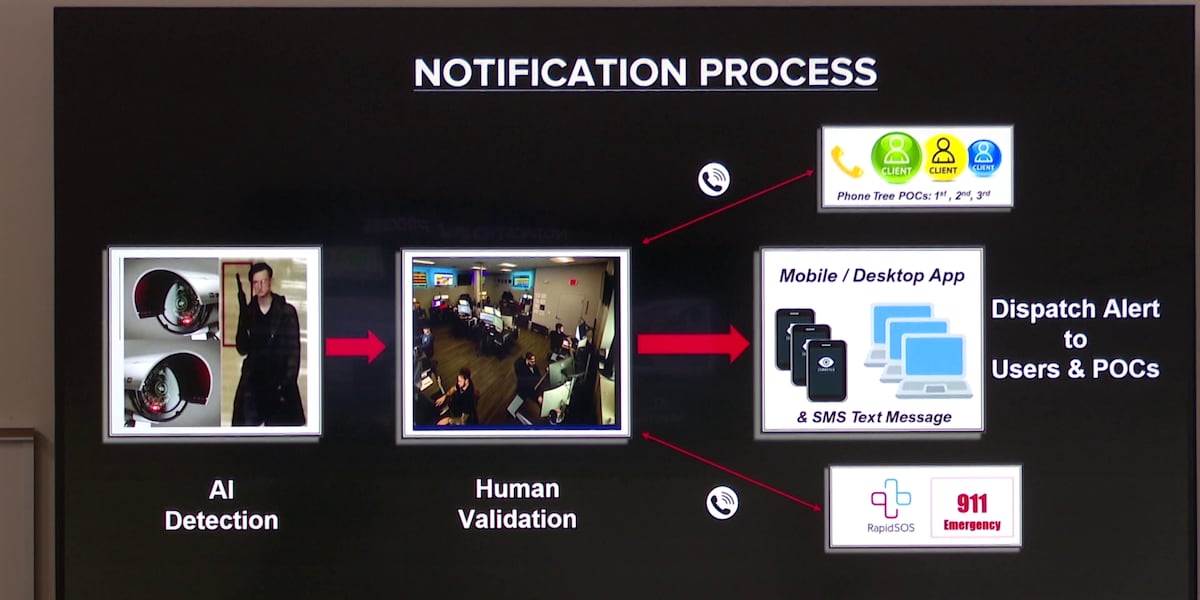Irish Conductor Finds Hope & Harmony: Parkinson's Technology Aids Parma Symphony Maestro

The Parma Symphony Orchestra's recent performance of Ottorino Respighi’s “Pines of Rome” was a moment of profound beauty and catharsis. But for Music Director Randolph P. Laycock, it represented something even more significant: a testament to his ongoing battle with Parkinson’s disease and a glimmer of hope thanks to innovative new technology.
Laycock, a highly respected figure in the classical music world, has been bravely navigating the challenges of Parkinson’s for some time. The condition, a progressive neurological disorder, can impact movement, balance, and coordination – all crucial elements for a conductor leading a complex orchestra. The recent performance highlighted the difficulties he faces, yet also showcased his unwavering dedication to his craft and the power of music to transcend adversity.
A Technological Breakthrough: Restoring Control
What makes this story particularly compelling is the emerging role of cutting-edge technology in assisting Laycock. He's been exploring novel assistive devices designed to mitigate the impact of Parkinson’s on his conducting abilities. While details are still emerging, these technologies are reportedly focused on providing subtle, real-time feedback and support to help him maintain precise movements and control his gestures.
“It’s about finding ways to regain a sense of agency,” explained a source close to Laycock. “The technology isn't about replacing his skill or artistry; it’s about removing some of the physical barriers that Parkinson’s places in his path, allowing him to focus on the music itself.”
The Power of Music & Resilience
The performance of “Pines of Rome” wasn't just a display of musical brilliance; it was a powerful demonstration of human resilience. The audience, aware of Laycock's condition, responded with overwhelming support and appreciation. The orchestra, too, stood as a united front, responding to his direction with precision and empathy.
“Randolph is an inspiration,” said violinist Sarah O’Connell, a long-standing member of the Parma Symphony Orchestra. “He faces these challenges with such grace and determination. It’s incredibly moving to witness.”
Looking Ahead: A Future of Possibilities
Laycock’s experience underscores the potential of technology to improve the lives of individuals living with Parkinson’s disease. As research continues and new solutions emerge, more musicians and artists facing similar challenges may find renewed hope and opportunities to continue pursuing their passions. The Parma Symphony Orchestra’s concert serves as a reminder that even in the face of adversity, the beauty and power of music can endure.
The story also highlights the importance of continued investment in research and development of assistive technologies for neurological disorders. With further advancements, it's conceivable that individuals like Laycock could not only manage their symptoms but also continue to thrive in their chosen fields, enriching the lives of audiences worldwide.





